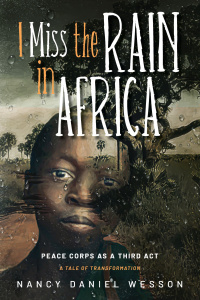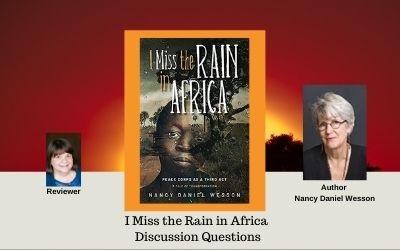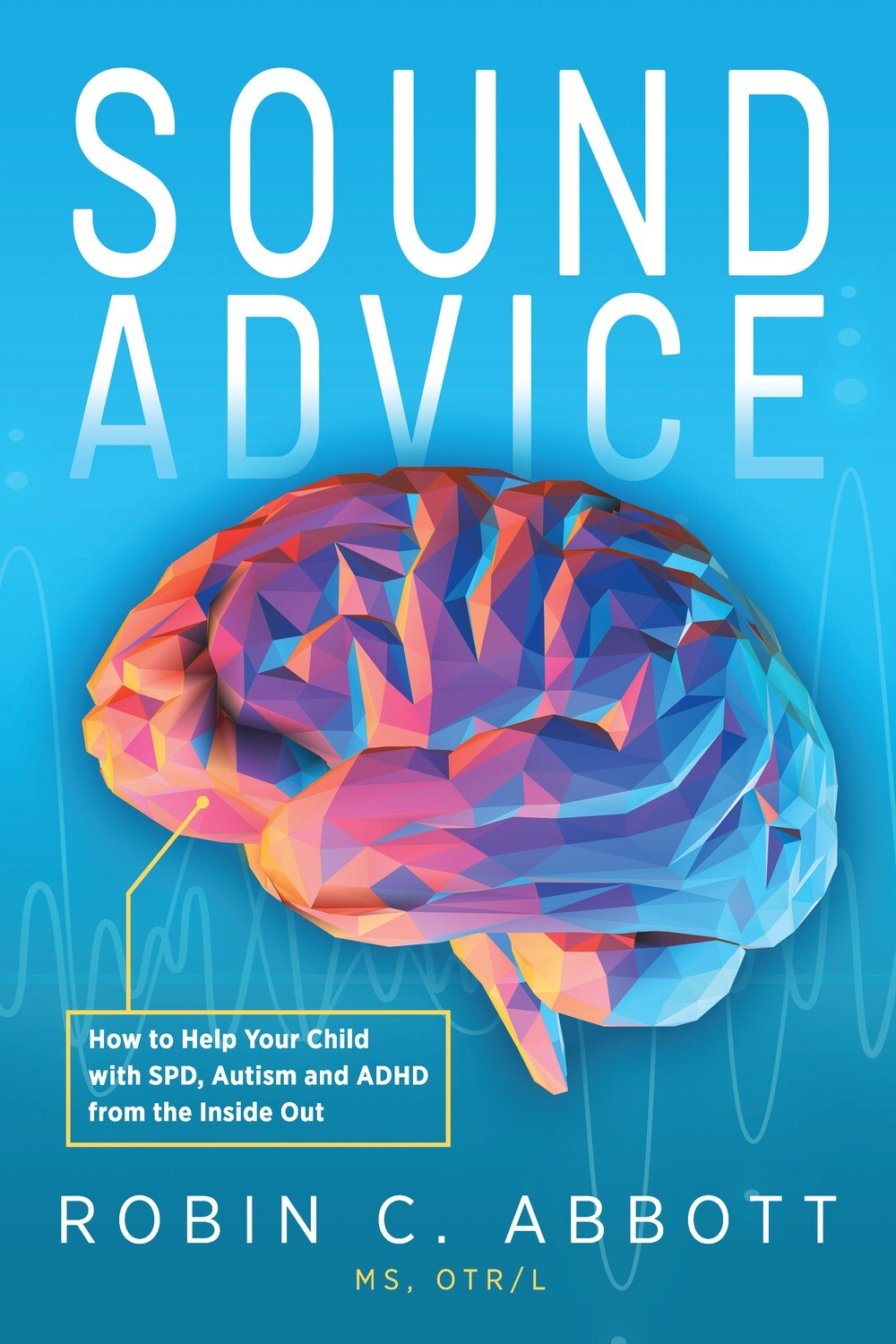Enlightening, emotional, eye-opening, extraordinary book
 The author was first offered Belize for her Peace Corps Volunteer work, but ended up going to the north of Uganda at the mere age of sixty-four. Brave is an understatement, and I cannot imagine a more difficult assignment (although there are many war-torn areas in the world which would be tough). After the 20 year war which created millions of orphans and a generation of people who lost their way of life. HIV/AIDS was weaponized under Kony who also mutilated and killed thousands of people. How would it be possible to help the dire situation? So many needed so much help. Of the group of 46, 14 understandably left.
The author was first offered Belize for her Peace Corps Volunteer work, but ended up going to the north of Uganda at the mere age of sixty-four. Brave is an understatement, and I cannot imagine a more difficult assignment (although there are many war-torn areas in the world which would be tough). After the 20 year war which created millions of orphans and a generation of people who lost their way of life. HIV/AIDS was weaponized under Kony who also mutilated and killed thousands of people. How would it be possible to help the dire situation? So many needed so much help. Of the group of 46, 14 understandably left.
Yet, this amazing woman helped organize Peace Corps offices, libraries, project pillowcase for dresses, helping people get hearing aids, sponsoring a boy to attend school (and even remaining longer than two years as part of helping him), and sharing books in many situations. She accomplished so much more.
One story is about trying to buy one egg one day – a real trial. Going to the dentist required travel, leaving and returning through mud in the dark. Nothing was easy or routine. Every day there was a new challenge. Returning home also was rough as she returned to changing technology and had no house at that time.
I have always wondered about the Peace Corps and I Miss the Rain in Africa tells the truth about this person’s experience.
I was provided an ARC copy and my opinions are my own

Discussion questions for book clubs and secondary teachers
- Why did Wesson end up in Uganda? Where was she supposed to go at first? Do you think she realized how Peace Corps Volunteers would be housed? What is the name of chapter one, and why?
- How did the most recent war led by Kony leave the citizens with almost insurmountable problems? What were his weapons? Where is he now? Can you imagine living through such an ordeal?
- Given the situation of most of the people in northern Uganda, how do you think the Peace Corps Volunteers felt about how effective they could be at first? How did Wesson’s thoughts change near the end of the book as she reflected on her projects?
- Explain travel difficulties from the point of view of a Westerner in Uganda.
- Why was the southern part of Uganda so different from the north?
- Of the 46 volunteers, 34 remained after about a year. What do you think caused some people to leave? Was it understandable or not?
- How did the pillowcases project begin and develop? Did it surprise you that Wesson had to design her projects, such as the children’s library? Were you expecting the Peace Corps would have had job descriptions and just sent people to locations to fit into predetermined roles?
- How was time different in Africa? How were schedules for travel different?
- Discuss the story Wesson shared about getting dental help, traveling in the mud and dark on the way to and from the bus station.
- Why was returning home also a challenge? How had things changed? How had the author changed?






